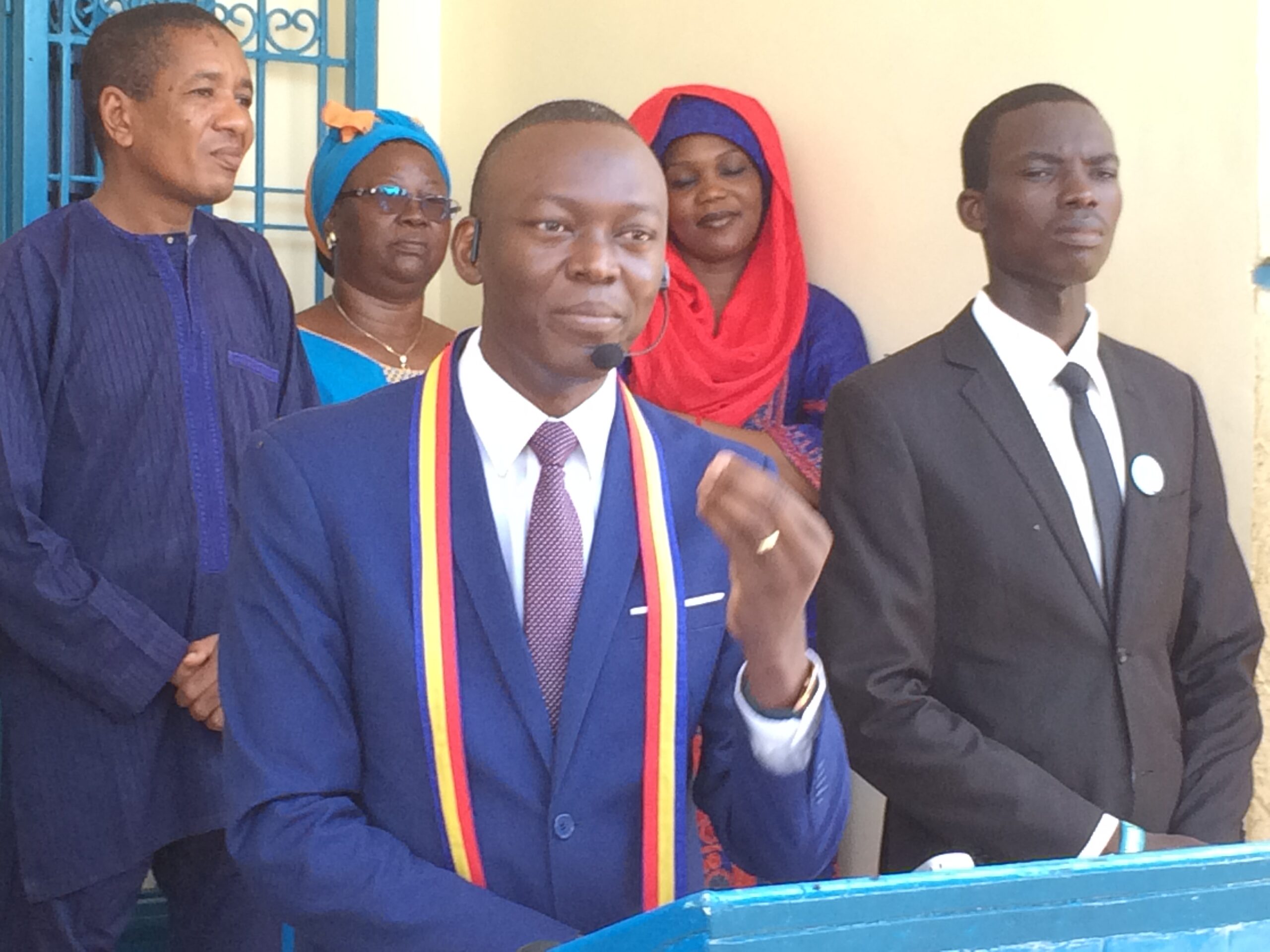
Human Rights Watch (HRW) has sharply criticized the 20-year prison sentence handed down to Chadian opposition figure Succès Masra, describing the ruling as politically motivated and emblematic of growing repression in the country.
The organization has urged the Economic Community of Central African States (ECCAS) and President Félix Tshisekedi to take action to restore democratic safeguards in Chad.
In a statement released on Tuesday, HRW condemned the decision by the 1st Criminal Chamber of the N’Djamena Court of Appeal, which found Masra guilty of “disseminating hateful and xenophobic messages” and “complicity in murder” amid intercommunal tensions in Mandakaou.
Masra, a former Prime Minister and leader of the opposition party Les Transformateurs, now faces two decades behind bars.
Lewis Mudge, HRW’s Central Africa director, warned: “Succès Masra’s sentence sends a chilling message to government critics and illustrates the Chadian government’s intolerance of critics and opposition political parties.
The courts should not be used for such political purposes.”
Human Rights Watch situates the verdict within a broader context of political suppression, pointing to arbitrary arrests, violent crackdowns on demonstrations, and unresolved killings, including that of opposition figure Yaya Dillo in February 2024.
The organization concluded that Masra’s conviction “has dashed hopes for a genuine political opposition and an independent judicial system in Chad.”
The call for action comes alongside public condemnation from Les Transformateurs. On Chad’s 65th independence anniversary, the party denounced what it called “ignominy and judicial robbery” and urged citizens to remain “standing and dignified in the face of injustice.”
HRW has specifically appealed to ECCAS and President Félix Tshisekedi to enforce the commitments outlined in the Kinshasa Agreement and press the Chadian government to uphold political freedoms and judicial independence.
The ruling, the organization warns, risks further eroding democratic norms and silencing dissent in a country already grappling with deep political tensions.



